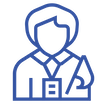Integrated Science
“Knowledge is a treasure, but practice is the key to it.” – Thomas Fuller
Science Inquiry-based Course: From Curiosity to Discovery
In order to cultivate students’ curiosity and an inquisitive mind for learning science, our science teachers encourage students to find interesting scientific phenomena in life and conduct research to study them further and deeper. With teachers’ guidance, students go through a rigorous scientific inquiry process (raising questions, constructing experiment design, analysing data, reviewing the experiment and reaching a conclusion) in an autonomous learning mode. As a result, their experimental mind and problem solving skills are enhanced. The following are some of the inquiry topics in junior forms:
| The relevant module in the curriculum | Inquiry Topics |
|---|---|
| Water Cycle | Weather Monitoring and the Formation of Typhoon Mangosteen |
| Life and Air | Growing Organic Vegetables Using Light Emitting Diodes |
| Use of Electricity | Research on Electrical Conductivity of Household Liquids |
Inquiry-based collaborative learning to study the principle of water filtration by disassembling the water filter
During the course, students dismantle domestic water filters to understand their internal structure and operation principle. Through data collection and water quality testing, students explore the capabilities of water filters and the impact of water quality in daily life, and finally present the results of the inquiry in the form of posters. The entire course guides students through collaborative learning, including assignments, time management, discussion skills and more. The task design deliberately requires students to work interdependently so that in addition to studying science, it also enhances the ability of students to collaborate.
Product-based Cross-curricular Course ‘Chocolate Factory’
After students learn about food science from the perspective of Home Economics and Science, they are encouraged to create new recipes with their creativity. The course adopts Design Thinking as the paradigm. Students have to consider how to improve chocolate formulas, such as to lower calories without losing sweetness or to increase antioxidant capacity to meet the needs of different users. They present their research results in groups with the speaking skills they have learned in English lessons.
Other interdisciplinary collaboration topics:
| Collaborative Subjects | Theme | Contents |
|---|---|---|
| Computer Literacy, English Language, Home Economics | Food Science | Combining science and home economics knowledge, students apply their creativity to food science. Students operate 3D food printers in Home Economics lessons to make their products. |
| Visual Arts | Conductive Ink Painting | Students use the new device “conductive ink pen” to design art patterns. This attempt can inject technology elements into art, and stimulate students’ creativity. |
School-based teaching materials to deepen student thinking
- We adopt the ‘dual-coding’ theory to promote the interconversion between text and graph in order to show students’ flow of idea construction, concept comparisons, and experimental procedures to promote students’ scientific thinking.
- We design exercises suitable of different depths to cater for the learning needs of students with different abilities.
- The teaching packages also provide a lot of extended reading and interesting links to science videos to cater for the development needs of gifted science students.
Systematic analysis of students’ learning performance
The Science Department uses Google Classroom as a learning management platform to analyze students ‘performance on different topics. The platform provides student reports where students can witness their growth in different areas of knowledge and find room for improvement. Moreover, teachers can also use the platform to develop exercises of different levels of difficulty to cater for the learning needs of individual students.
Competition-based training - STEM Task Force
Fun Science Contest 2018 (First Prize)
“Innovation and Technology Dream” Robot Festival
CLP Smart Metropolis Innovation Energy Competition
Hong Kong Student Science Project Competition
Research-based training to nurture scientific research talents
‘Distinguished Master Accomplished Students’ mentorship programme
Science visits
Popular science lectures
KTL STEM Hub
Learning without Boundaries: Global STEM Experience
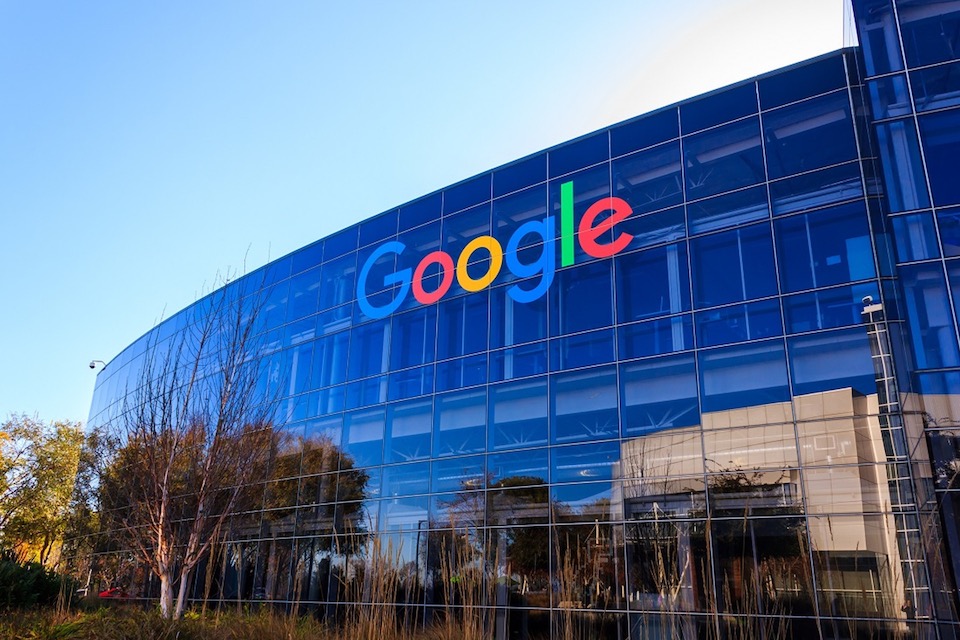
Silicon Valley STEM Exchange Team
It is a 12-day exchange tour to the USA where students visit local technology companies (Google headquarters, etc.) to learn about the latest IT developments in the world.
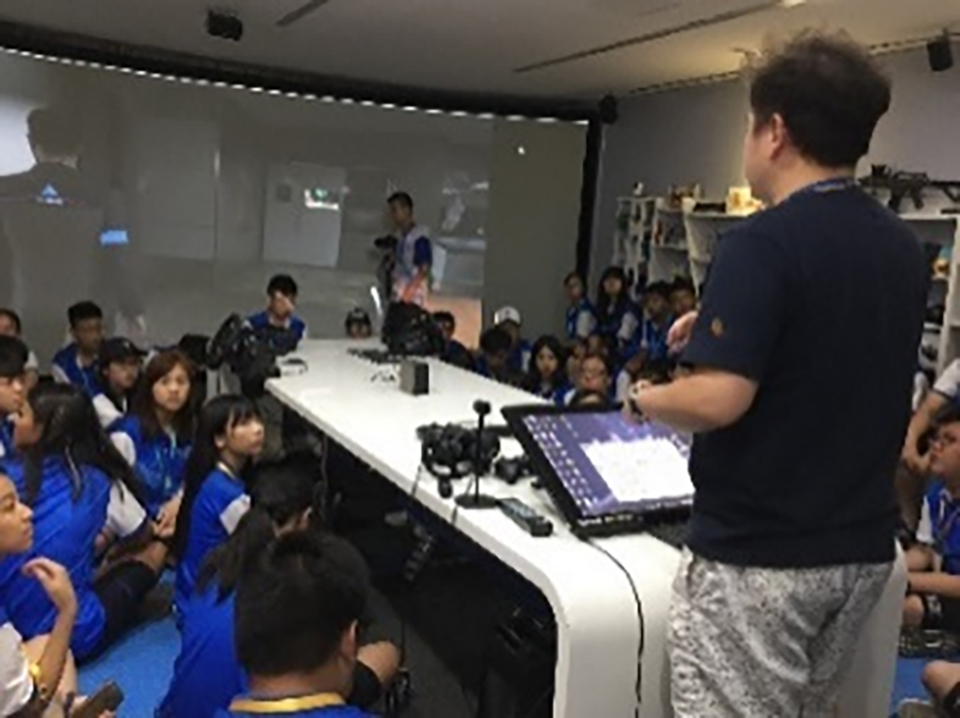
Tencent Guangdong- Hong Kong-Macao Greater Bay Area Youth Camp (Shenzhen)
Students from Hong Kong, Macau, and Guangdong participated in a wealth of exciting scientific research experiences, so as to arouse their concern toward the future development of technology and the Internet. Students can learn about the development of artificial intelligence (AI), try to operate drones and experience a simulation of chariots.
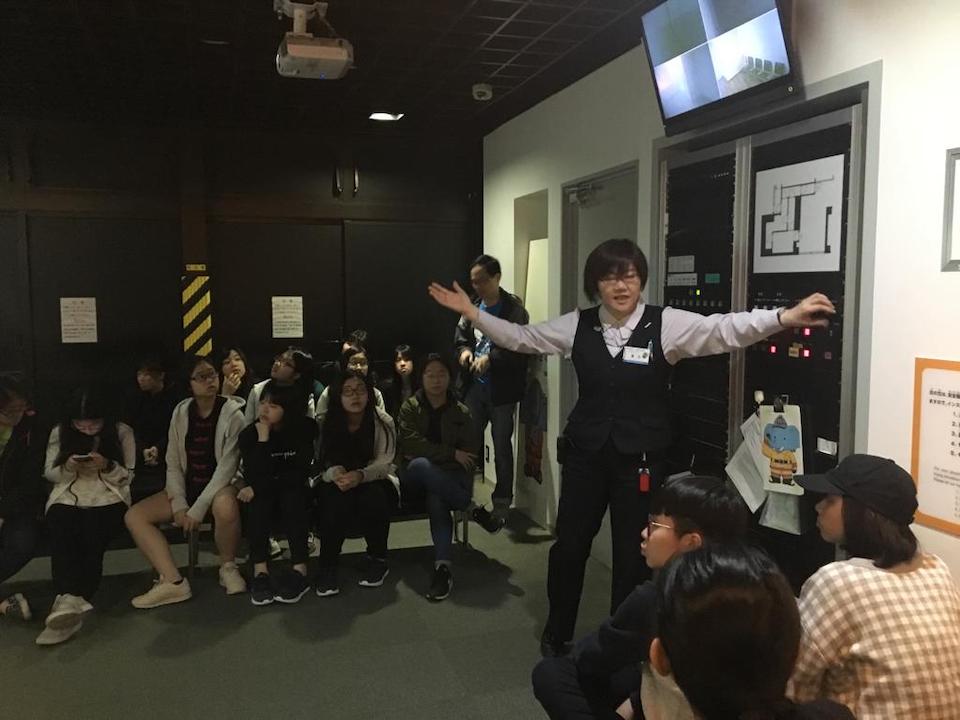
STEM Discovery Tour to Korea
Students visited the local automotive industry and technology company development to learn about the latest technology information (such as earthquake detection) and the culture of local science and technology innovation. Not only has the tour broadened students’ horizons, it has also ignited their passion for learning science.
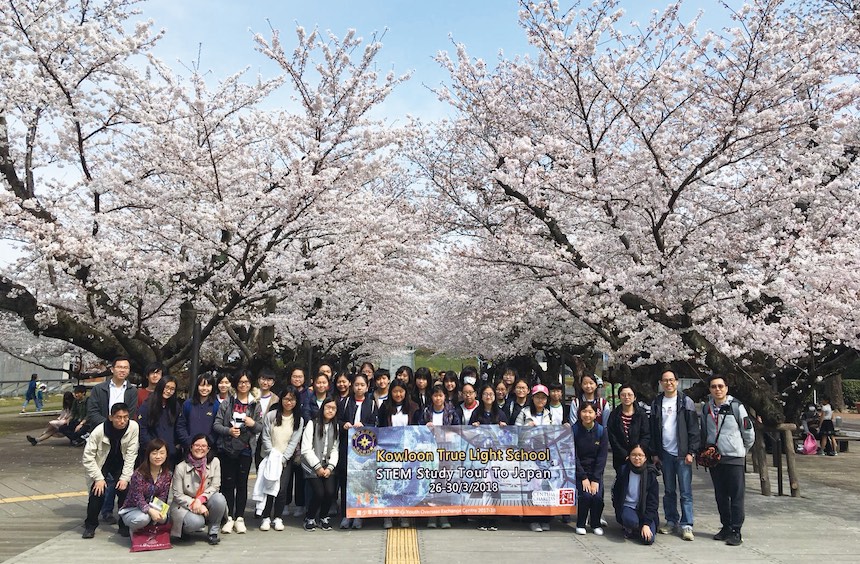
Science and Technology Exploration Exchange Tour to Japan
In a five-day exchange in Japan, students visited local high-tech electronics companies and learnt about the latest artificial intelligence technology to stimulate their innovative mind.
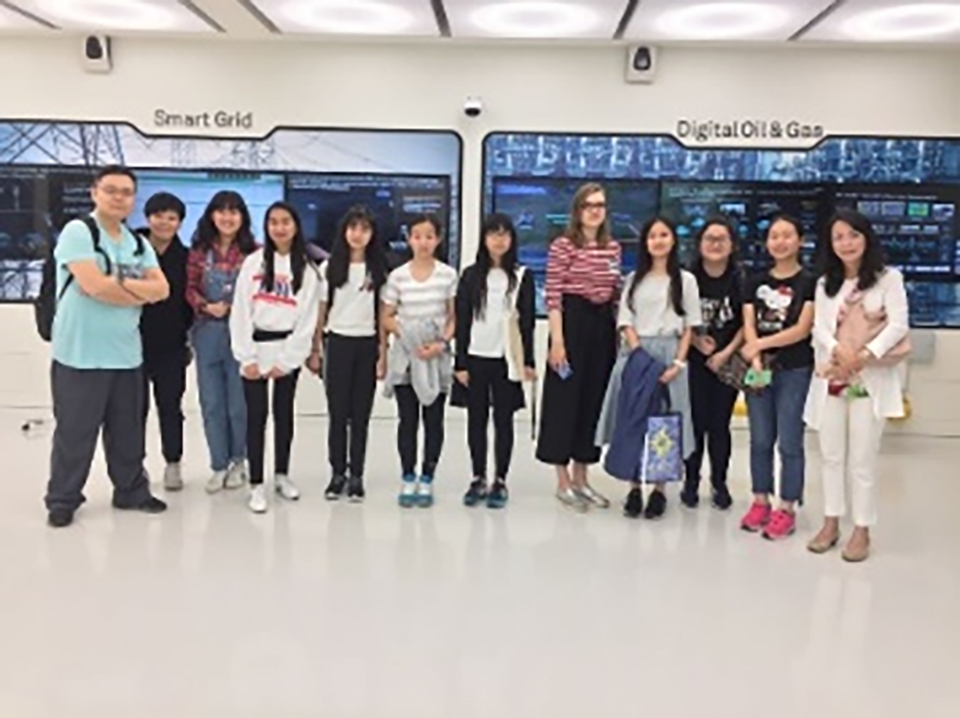
The Belt and Road Initiative Exchange Tour to Russia
Huawei is an important information technology company in Russia. Students visited Huawei's local technology exhibition hall to learn about the application of 5G technology and information technology in future cities.
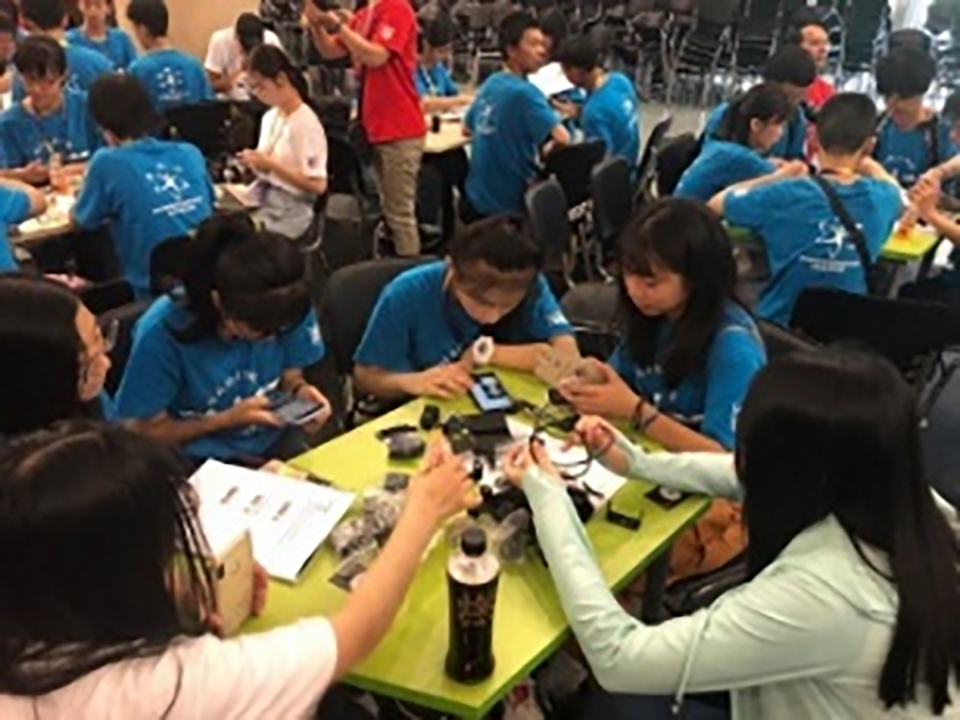
National University Science Camp (Nanjing)
At Nanjing University, participants exchanged with outstanding high school students and college students from all over China. They attended lectures and workshops organized by top professors, and cultivated students' scientific talents.
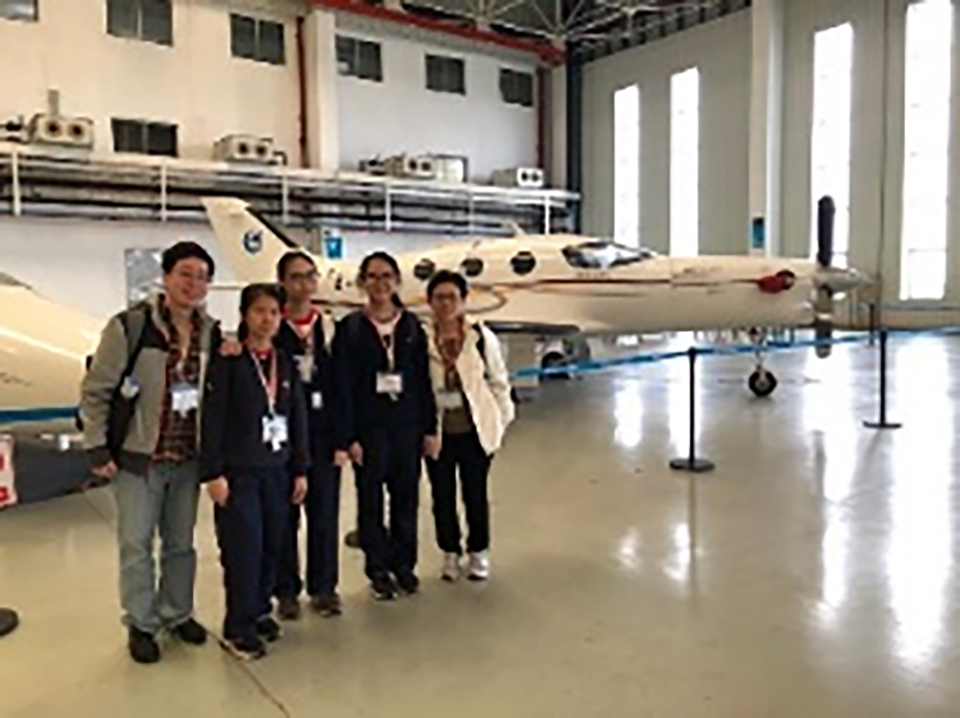
Greater Bay Area STEM Flash Tour
Students visited the local aircraft manufacturing plant in Zhuhai and observed the aircraft solely developed by China.
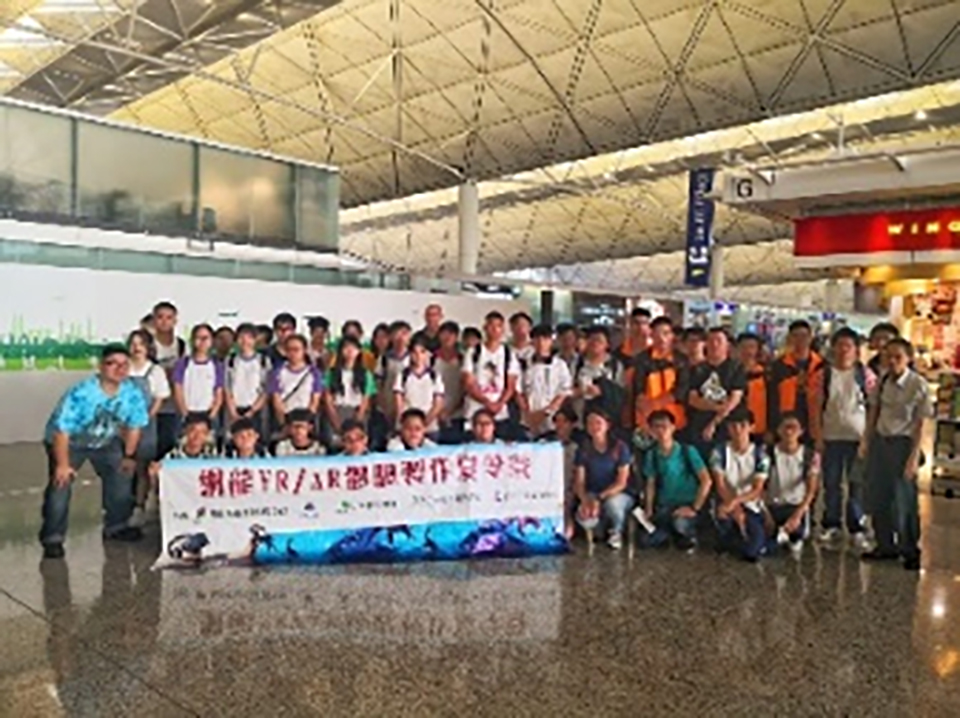
NetDragon VR / AR Experience Production Summer Camp
Our students participated in the technology VR / AR experience production summer camp organized by NetDragon. They experienced the application of the latest technology during the summer camp.
STEM Fun Day to promote Science Education
Promoting aerial photography
Participation in the EDB's school-based support program
To develop an inquiry-based STEM interdisciplinary collaboration course
- The Science Department participates in the school-based support program of the Education Bureau, regularly communicate with co-workers of the Education Bureau and affiliated schools, and jointly organize an inquiry-based “Chocolate Factory” course.
- Through the discussion of lesson plans, class observation, assessment, and the collaborative support of all parties, we aim at developing students into sophisticated learners.
Participation in the Quality School Improvement Program of the Chinese University of Hong Kong(QSiP)
- Teachers optimize the use of English as the language of instruction and the skills of teaching students to analyze questions.
Promoting professional exchanges between teachers and building a culture of teaching and research
- Science teachers hold professional development conferences on the annual theme. The discussion includes strategies to improve students’ common mistakes, and analysis of assessment data to promote learning. In addition, each panel also conducts “mini-lesson studies”.
- Through the activities of problem identification, teaching plan design, open class and post-observation conferences, teachers actively communicate to continuously improve the effectiveness of learning and teaching.
The Hong Kong Federation of Youth Groups
Training in experiment and report writing skills
- This programme provides advice for the KTL Scientific Research Team to participate in territory-wide competitions, enabling them to understand university-level experiments and develop report writing skills. Gifted science students can have a preview regarding the future study mode at university.


